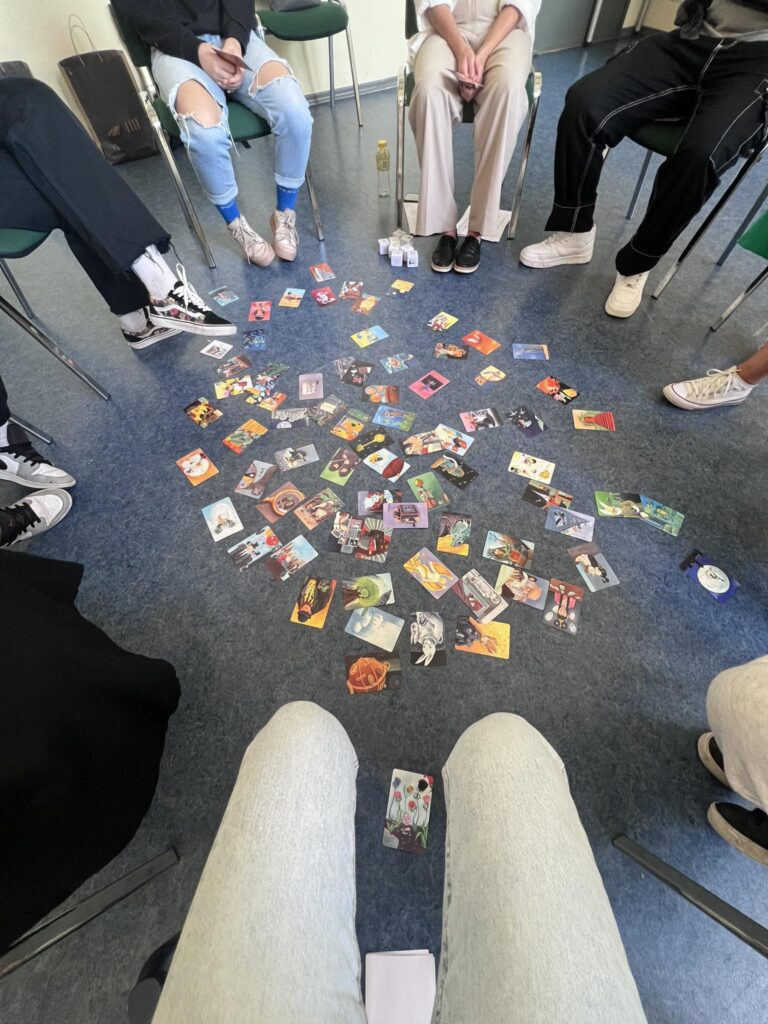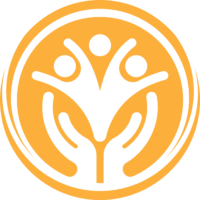Young People Change the World: A Difficult Experience Can Become a Superpower
Enelis Linnas, Founder and Board Member of MTÜ Sa Suudad

In Estonia, young people are increasingly at the center of societal change. In 2023, the international cooperation project i-Restore 2.0 was launched. [1] As part of which a youth council was established, consisting of young people who have faced challenging experiences in their lives. The council serves as a platform where young people can make their voices heard. Initial results show that inclusion can transform both communities and the lives of the young people themselves.
Over the course of the two-year project, ten young people aged 16–21, who have had experiences with the social, legal, and healthcare systems, have contributed to the work of the council. Their life experiences provided a unique perspective on both restorative justice[2] development and implementation, as well as on the work of professionals engaging with youth more broadly. The young council members met regularly and participated in various activities, ranging from awareness campaigns and game creation to contributing to legislative changes. Currently, two of the most active young members remain in the council, volunteering their time and energy to ensure that today’s youth have a more youth-friendly experience within the system than they themselves did.
What did the young people experience and learn?
According to the young participants, the council's greatest success was a social media campaign they created, which introduced the principles of restorative justice and encouraged resolving conflicts in a fair and safe manner. The youth also participated in conferences and met with policymakers. *"Being heard and having our opinions valued was incredibly empowering,"* said one participant. *"I felt like I was truly making a difference."*
The young participants highlighted that their experience in the project helped them develop important skills such as public speaking, teamwork, and setting boundaries. For many, the principles of restorative justice became a part of their daily lives. *"I’m no longer as emotional—I can clearly express my needs and set boundaries,"* noted one participant.
For young people, collaboration with officials from the Ministry of Social Affairs was particularly significant, as they provided input on planning amendments to the Child Protection Act. The ministry promised to continue involving young people in the future. It is important for the youth that their negative experiences can benefit others and that they are able to influence political decisions.
The young participants emphasized that being involved in this way gave them the confidence to believe they could truly contribute. They were provided with an environment where they were treated without prejudice, listened to, and taken seriously. The youth felt like welcome guests at conferences and podcastsas their opinions were valued: "People genuinely want to hear what we have to say. It’s incredibly empowering , rewarding and a very positive feeling," said one participant.
Mentors were also involved in the council's work, tasked with creating a supportive environment where young people felt heard. Together, they built a platform aimed at breaking down stereotypes, influencing decisions, and advocating for other youth with similar experiences. Experiential learning played a particularly vital role—whether through meetings with peers who had faced similar challenges or opportunities to share their stories at international conferences. This helped the young participants realize that their difficult experiences held value not only for themselves but for society as a whole.
Lessons Learned from the Project
The experience of the youth council so far has also provided valuable lessons. While some young people found support and motivation to contribute, unfortunately, not everyone could be equally involved. In hindsight, it can be acknowledged that perhaps more was expected from some young people than they were able to give, leading them to drop out. There were also those whose other life commitments did not allow them to contribute to the extent required. Unfortunately, misunderstandings arose between the participants, which were not resolved in a timely or appropriate manner. A larger number of mentors, along with more time and opportunities to invest in building relationships with the young people, would certainly help address these issues.
Nevertheless, every participant's contribution has been significant, and gratitude is due to every young person who dedicated even a little of their time and energy. In the future, it will be important to create a more diverse inclusion model. We realized that inclusion must allow freedom for young people to choose how much and in what way they wish to contribute. Those who want to participate must be able to do so in a way that suits them, while also considering the sense of fairness or unfairness felt by other participants.
Why all of this is important?
Young people who have faced challenging experiences and, as a result, may exhibit difficult behavior bring critical perspectives to discussions and sector development that officials often lack or do not understand. Specialists view the field through the lens of their expertise but not through the experiences of the youth who are supposed to receive help within the system. When a young person is given the opportunity to share their story and thoughts, it can lead to more effective solutions and help break common stereotypes.
The experience of the youth council demonstrates that when young people feel heard, their motivation to participate and shape society increases. It gives them the opportunity to see themselves not just as victims but as agents of change. Through their experiences, they become superheroes who transform communities into more caring and inclusive places.
A look to the future
Although the youth council established during the project will conclude its activities at the end of the year, its impact will endure. It proves that the voice of young people can be a powerful catalyst for change. The question now is how we can build on these experiences and create an even better platform where young people can grow and contribute.
*"Our stories have power—and when they are heard, they become the foundation for change,"* said one young participant. The experience of the council is not only meaningful to the youth themselves. It proves that inclusion and collaboration are the keys to building an open, caring, and inclusive community.
For the past six months, the youth council has been led by NGO Sa Suudad, whose primary goal is to amplify the voices of young people whose behavior may be difficult to understand. The organization aims to continue the youth council in the new year, building on the lessons learned and making the inclusion process even more open. Young people deserve for us to learn from our mistakes, create the platforms they need, and recognize them for their contributions!
[1] The i-RESTORE 2.0 project was established in collaboration with Romania, the Netherlands, and Greece, with activities in Estonia led by the Social Insurance Board. The project's goal is to develop restorative justice and child-friendly proceedings, with funding provided by the European Commission.
[2] Restorative justice is an approach that focuses on repairing the consequences of a conflict or crime and taking responsibility, rather than primarily punishing the offender. The Social Insurance Board offers a conflict mediation service based on restorative justice principles. Referrals to the service can be made by police officers, school staff, youth workers, local government employees, prosecutors, or other professionals. Individuals can also access the service on their own. The key requirement is the willingness of all parties to voluntarily participate in the process.
